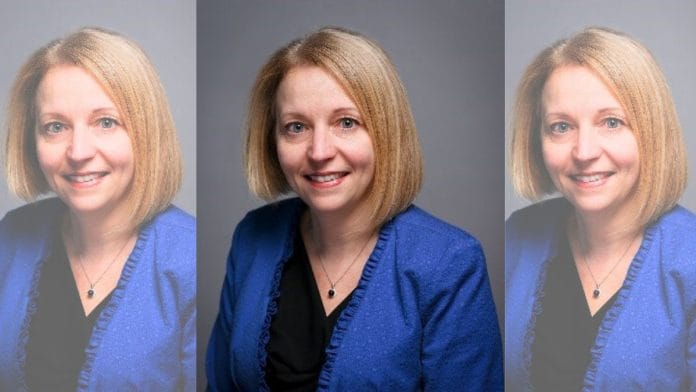New Delhi: Canada had asked India to prevent jailed gangster Lawrence Bishnoi from committing any illegal activity in the country, its National Security and Intelligence Adviser (NSIA) Nathalie Drouin told a House committee on Tuesday.
The Canadian government in recent weeks has reiterated that Bishnoi–who has been in Indian prisons–was “commissioned” by New Delhi to carry out acts of violence in Canada, targeting Sikh separatists.
Drouin told the standing committee that in a meeting with her counterpart Ajit Doval in Singapore on 12 October, she had outlined three options to better manage the diplomatic standoff between the two countries.
One of the options was the “comprehensive option” which had four parts. Drouin told the committee: “The comprehensive option was for India to take accountability and monitor violence by first stopping its illegal activities in Canada including directing (Lawrence) Bishnoi to cease and desist.”
The Canadian NSIA added: “Second, by issuing a public statement to adopt a mechanism to look into the modus operandi within India as they have done in the US case. Third by recalling their diplomats involved in the scheme, and fourth by announcing a new India-Canada high-level dialogue in countering extremism.”
The other option, the NSIA told the Standing Committee on Public Safety and National Security, was for New Delhi to waive diplomatic immunity for its six diplomats “involved in the scheme” and allowing Canadian authorities to question them.
Ottawa had linked the diplomats to the murder of Sikh separatist Hardeep Singh Nijjar, alleging there was a broader effort to target Indian dissidents on Canadian soil.
Doval was told that failing to abide by the above two, Canada would engage the third “unilateral” option: Ottawa would declare the diplomats persona non grata, expel them and go public through a press conference by its national police, the Royal Canadian Mounted Police (RCMP).
According to Drouin, Doval denied the evidence presented during the meeting, but “did not” refuse to look into the accountability part. The Canadian NSIA then accused the Indian government of making information about the meeting public on 13 October, forcing Ottawa to unilaterally escalate the situation.
Bishnoi in Canada’s cross hairs
The first time Canada alleged that Bishnoi and his gang were being used by Indian authorities was on 14 October, when RCMP assistant commissioner Brigitte Gauvin linked the gangster with New Delhi at a press conference.
At the time, Gauvin alleged that Bishnoi was helping India in its “operations” across Canada. On Tuesday, Drouin said the crimes being investigated included murders, assassination plots, extortion and harassment against the Indo-Canadian community.
The RCMP specifically identified “pro-Khalistan” individuals as those being targeted by India.
‘Kinetic use of Bishnoi’s organised crime network’
According to Drouin, the “modus operandi” behind India’s operations in Canada was to use diplomats, consular officials and “proxies” to collect information on Canadian-based individuals.
“This information is then shared with senior levels of the government of India who then direct the commission of serious criminal activities against Indo-Canadians through the kinetic use of Lawrence Bishnoi’s organised crime network,” Drouin said Tuesday.
This was the same operational chain highlighted by Canadian Prime Minister Justin Trudeau before the foreign interference commission on 16 October. Trudeau had said that when he first broached the subject with Prime Minister Narendra Modi in September 2023, he only had intelligence and not “hard evidentiary proof”.
However, in the year since, the Canadian government has maintained it investigated and collected enough evidence to back the claim that agents of the Indian government were connected to the killing of Nijjar and other violent crimes in the country.
India-designated terrorist Nijjar was killed outside a gurdwara in Surrey, British Columbia on 18 June 2023. India has denied any link between its officials and the murder, maintaining that Canada has not shared a “shred of evidence” till date.
Ties between the two countries hit a new low this month following India’s withdrawal of the six diplomats from Canada, including high commissioner Sanjay Kumar Verma, even as Ottawa said it had expelled them. New Delhi retaliated by throwing out six high-ranking Canadian diplomats.
(Edited by Tikli Basu)






